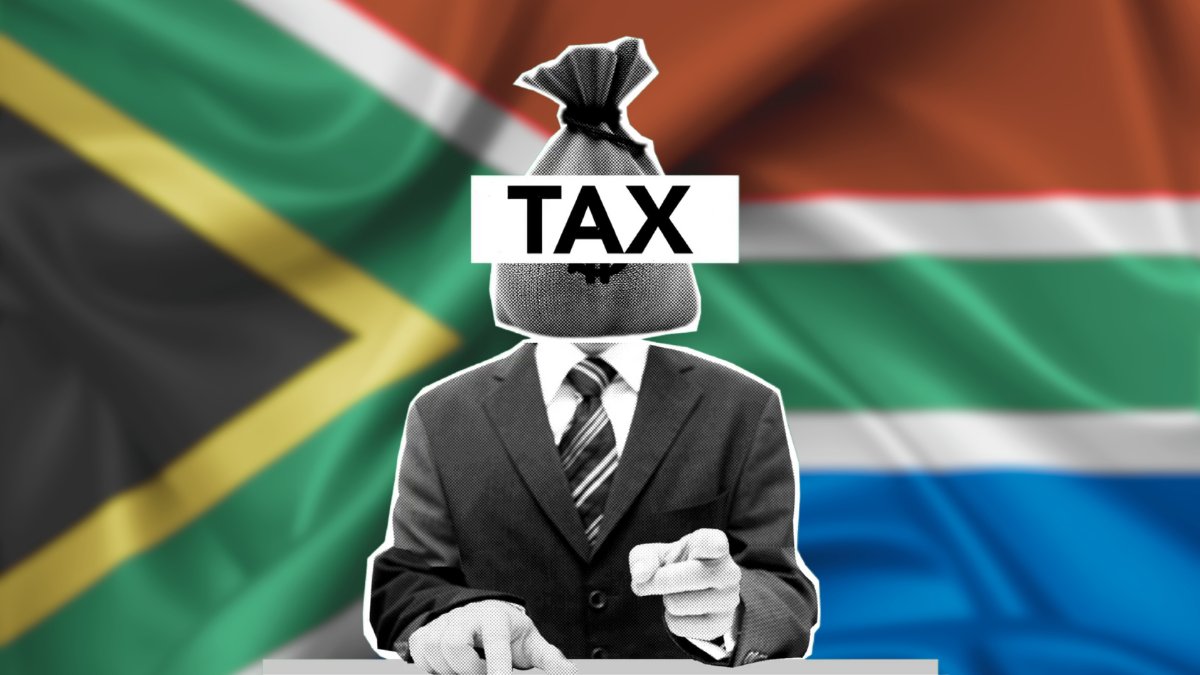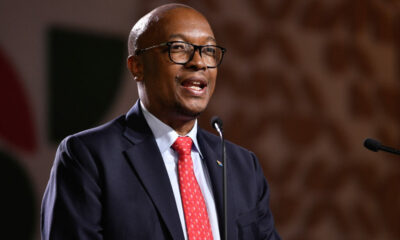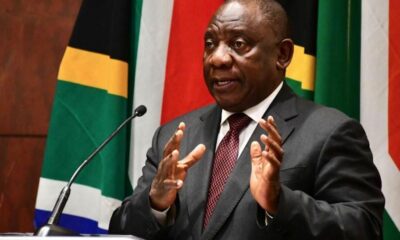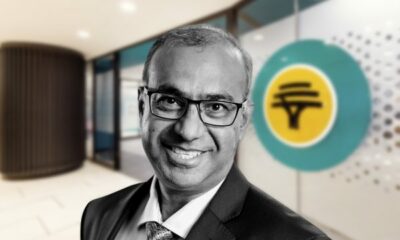News
No New Tax for the Rich: Why Godongwana Says Enough Is Enough

Finance Minister warns that a wealth or ‘apartheid redress’ tax could do more harm than good
When it comes to taxing the rich, South Africa’s Finance Minister Enoch Godongwana has drawn a clear line in the sand and it’s not one he intends to cross anytime soon.
Speaking during a recent parliamentary Q&A, Godongwana firmly pushed back against calls for a dedicated wealth tax or a so-called “apartheid redress” tax. Despite growing pressure, particularly from the Economic Freedom Fighters (EFF), the minister maintained that South Africa’s existing tax system is already doing the heavy lifting and introducing more could tip the economy in the wrong direction.
The Politics Behind the Push
At the heart of the debate is a suggestion that the ultra-wealthy, many of whom are seen as beneficiaries of South Africa’s apartheid past aren’t paying their fair share.
The EFF, in its usual firebrand fashion, asked pointedly whether the National Treasury was shielding the rich from accountability. Their argument: a new wealth tax could raise up to R38 billion, enough to plug the hole left by scrapping the much-criticised VAT increase.
It’s a politically resonant argument in a country where economic inequality is still largely drawn along racial lines, and public frustration over poverty and service delivery runs high.
Godongwana’s Response: Look at the Stats
Godongwana, however, didn’t mince words. In his view, the data tells a different story.
“Taxpayers earning more than R1 million a year make up just 6.7% of our base,” he said. “Yet they contribute nearly half 47.5% of all personal income tax.”
And it doesn’t end there. South Africa already taxes wealth through several instruments:
-
Estate duty
-
Donations tax
-
Securities transfer tax
-
Property transfer duties
-
Capital gains tax
In fact, the country raised over R21 billion through these taxes in 2024/25 alone, nearly double the OECD average.
Why Treasury Says ‘No’
Godongwana and the Treasury argue that while R38 billion sounds like a lot, it’s a dangerous gamble.
Here’s the risk: if just 10% of high-income earners were to emigrate in response to new wealth taxes, the country could lose nearly R49 billion a year, just from personal income tax. That doesn’t even include the economic drag of capital flight, job losses, or lost investments.
“Wealth taxes sound good in theory,” Godongwana said, “but internationally they’ve mostly failed.” Countries like France, Germany, and Sweden have scrapped them, citing high admin costs, minimal revenue, and an exodus of the wealthy. Today, only a handful, Norway, Switzerland, Spain, and Colombia still have a full-blown wealth tax.
South Africans React: Is the System Fair?
On social media, the conversation has been split.
“Why must the poor always carry the burden?” one user posted on X (formerly Twitter). “We need redress. If not a wealth tax, then what?”
Others backed the minister: “Godongwana is right. You can’t squeeze the golden goose. We need investment, not fear-mongering,” a business analyst commented on LinkedIn.
Still, the emotional weight of inequality remains. Many South Africans feel the tax system, while progressive on paper, doesn’t go far enough to address historical injustices.
A Balancing Act or a Missed Opportunity?
With the 2025/26 Budget looming and public services under pressure, Treasury has a tough job ahead. The richest South Africans are expected to contribute over R500 billion in personal income tax next year, while wealth taxes combined will bring in less than R25 billion.
Godongwana insists that sticking with what works, a robust income tax system, supported by capital gains taxes is the best bet for now.
But for those demanding economic justice in a country still shaped by apartheid’s legacy, the fight for a wealth tax is far from over.
Whether that battle plays out at the ballot box or the tax office remains to be seen.
{Source: The Citizen}
Follow Joburg ETC on Facebook, Twitter , TikTok and Instagram
For more News in Johannesburg, visit joburgetc.com



























